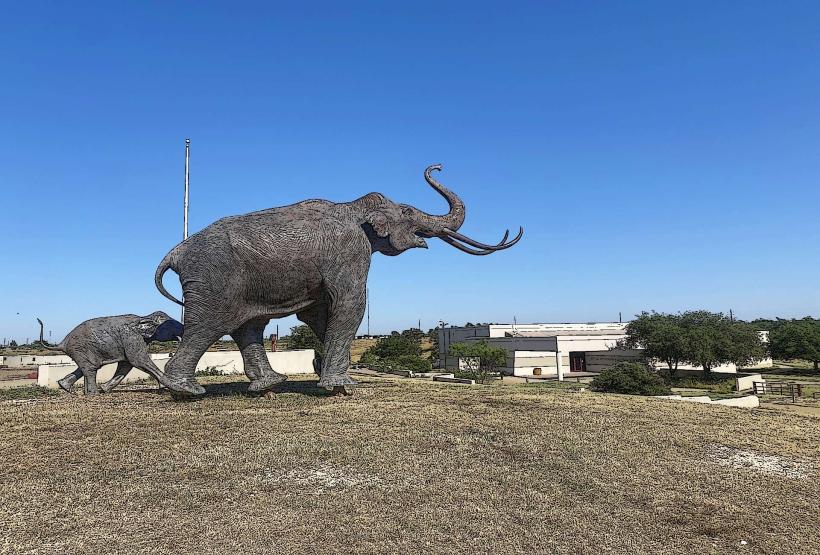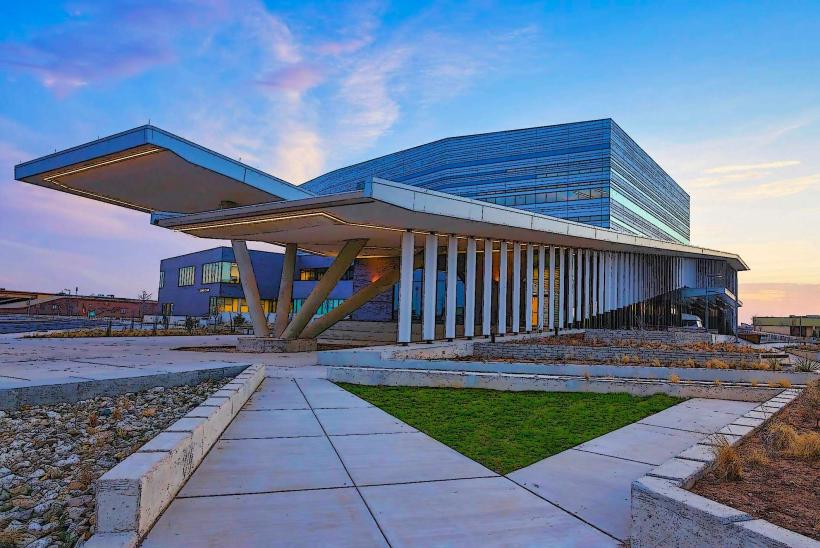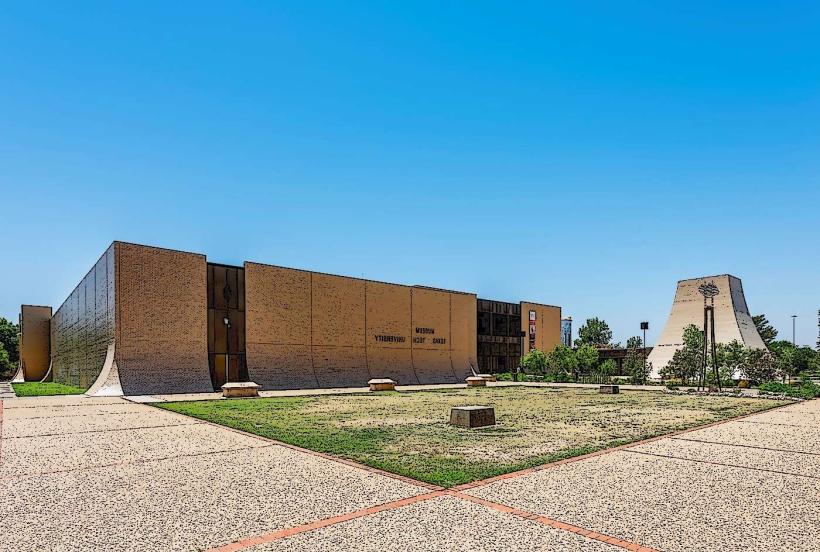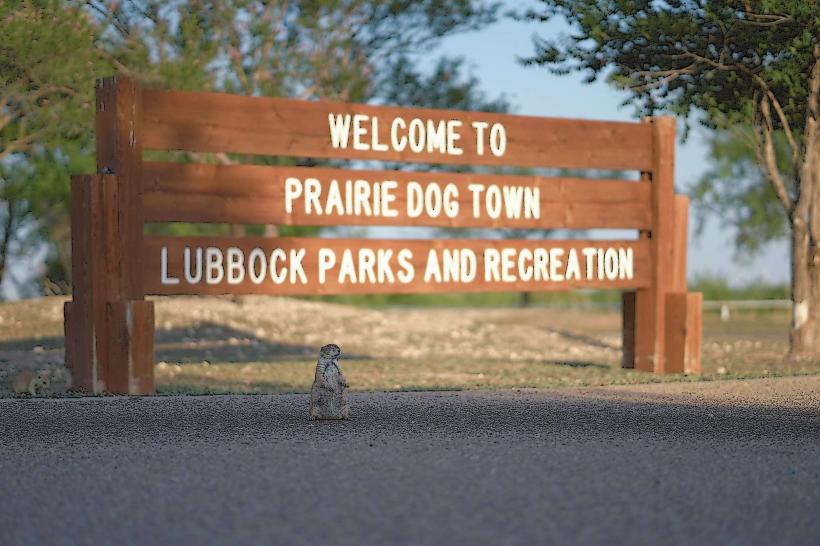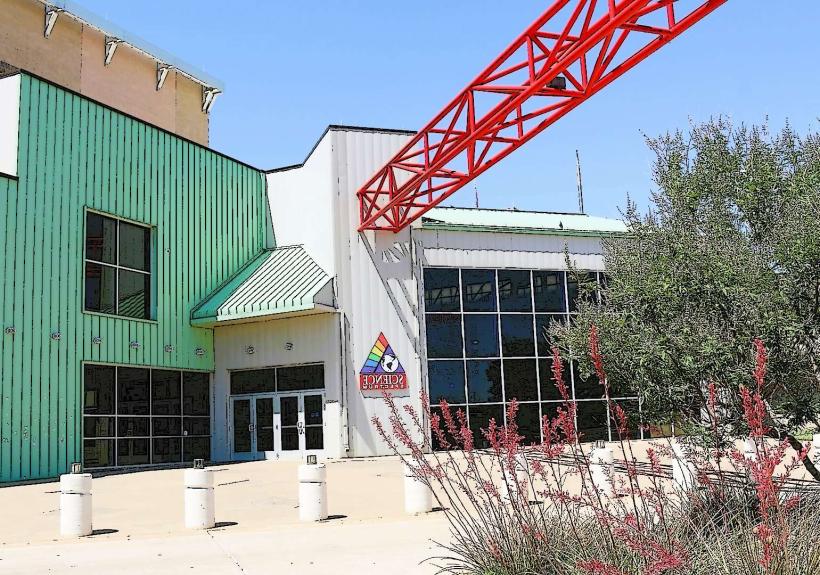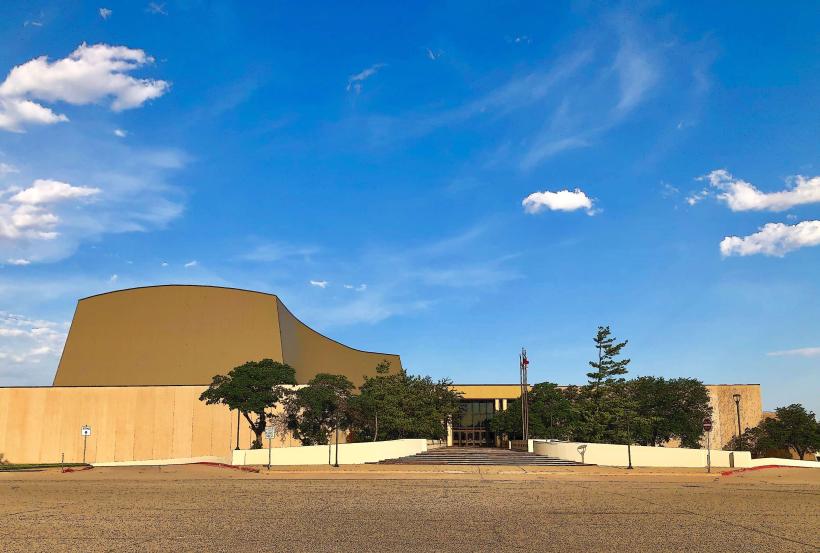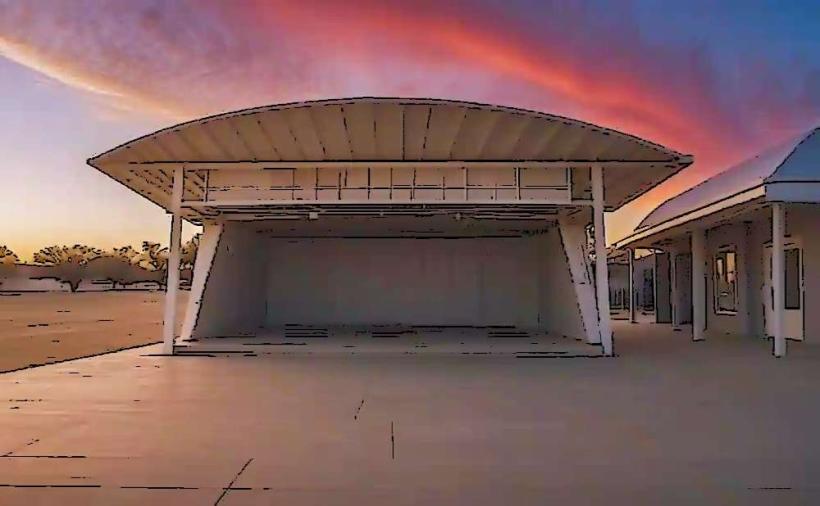Information
Landmark: Texas Tech UniversityCity: Lubbock
Country: USA Texas
Continent: North America
Texas Tech University, Lubbock, USA Texas, North America
Texas Tech University (TTU) is a major public research university located in Lubbock, Texas. Established in 1923, it serves as the flagship institution of the Texas Tech University System. It is recognized for its strong academic programs, cutting-edge research, campus traditions, and a commitment to service and community engagement.
Foundation and Mission
Founded: February 10, 1923 (opened in 1925 as Texas Technological College)
University Status: Gained in 1969 (renamed Texas Tech University)
Motto: From here, it’s possible
Mission: To provide high-quality education, encourage creative scholarship, promote research, and serve the public through outreach and engagement.
Location and Campus
City: Lubbock, Texas (Northwestern Texas, on the Llano Estacado)
Campus Size: Over 1,839 acres (one of the largest contiguous campuses in the U.S.)
Architectural Style: Spanish Renaissance Revival
Climate: Semi-arid with hot summers, cool winters, and frequent dust storms
Texas Tech’s campus is known for its aesthetic uniformity and impressive landscaping, featuring red-tiled roofs and archways across most buildings. Its layout includes academic halls, residential complexes, athletic facilities, art museums, a planetarium, and research labs.
Academics
TTU offers more than 150 undergraduate degree programs, 100+ master's programs, and nearly 60 doctoral degrees through these primary academic units:
College of Arts & Sciences: The largest college, offering a broad liberal arts education
Edward E. Whitacre Jr. College of Engineering: Known for research in wind energy, petroleum, and electrical engineering
Rawls College of Business: AACSB-accredited, strong in entrepreneurship and supply chain management
College of Agricultural Sciences & Natural Resources: Focuses on food science, agribusiness, and environmental conservation
J.T. & Margaret Talkington College of Visual & Performing Arts: Offers degrees in music, theatre, and fine arts
College of Architecture: Emphasizes design, sustainability, and regional planning
College of Education: Trains future educators with extensive fieldwork
College of Human Sciences: Specializes in nutrition, personal finance, and family studies
College of Media & Communication: Known for programs in advertising, journalism, and digital media
Graduate School: Administers graduate education across colleges
School of Law: A respected regional law school known for advocacy and public service
School of Veterinary Medicine (in Amarillo): Focuses on rural and large-animal practice
TTU is classified as a Carnegie R1: Doctoral University – Very High Research Activity, which places it among the top-tier research institutions in the U.S.
Research and Innovation
Annual research expenditures: Over $230 million
Major research centers: National Wind Institute, Center for Pulsed Power and Power Electronics, Climate Science Center
Notable research areas:
Wind energy and tornado engineering
Agriculture and food safety
Water and environmental sustainability
Cybersecurity and big data
Infectious diseases (via the Texas Tech University Health Sciences Center)
TTU also supports innovation through its Research Park, incubators, and technology transfer programs.
Student Body and Diversity
Total Enrollment (2024): ~40,000 students
Undergraduates: ~33,000
Graduate/Professional: ~7,000
Demographics:
Hispanic/Latino: 29%
White: 49%
Black/African American: 7%
International students from over 100 countries
Designation: Recognized as a Hispanic-Serving Institution (HSI)
The university emphasizes inclusion, offering support centers for multicultural affairs, veterans, LGBTQIA+ students, and students with disabilities.
Student Life
Student Organizations: Over 600, including academic clubs, service groups, fraternities and sororities
Recreational Facilities: Leisure pool, climbing wall, intramural sports, fitness centers
On-Campus Housing: Multiple residence halls and apartment-style complexes
Notable Student Traditions:
Carol of Lights: A holiday light show held annually in December
Homecoming Week: Pep rallies, parades, and football
Arbor Day: Campus-wide tree planting and service project day
Athletics
Nickname: Red Raiders
Mascots: The Masked Rider and Raider Red
Conference: NCAA Division I – Big 12 Conference
Stadiums:
Jones AT&T Stadium: Football
United Supermarkets Arena: Basketball and volleyball
Dan Law Field at Rip Griffin Park: Baseball
Texas Tech athletics are a major part of campus culture. The men’s basketball team reached the NCAA championship game in 2019, and the baseball team has made multiple College World Series appearances.
Global and Regional Impact
International Campuses: Seville, Spain; San José, Costa Rica
Study Abroad: Extensive programs on all continents
Community Engagement: Service learning, K–12 partnerships, and agricultural extension offices across Texas
Economic Impact: Over $2 billion annually in economic output for West Texas
Affiliations and Rankings
Texas Tech University System: Includes TTU, Texas Tech University Health Sciences Center, TTUHSC El Paso, and Angelo State University
Accreditation: Southern Association of Colleges and Schools Commission on Colleges (SACSCOC)
National Recognition:
Ranked among top public universities by U.S. News & World Report
Ranked in Princeton Review’s “Best Value Colleges”
Named a “Military Friendly School”
Summary
Texas Tech University stands as a dynamic, comprehensive public institution with a reputation for excellence in academics, research, athletics, and public service. Its vibrant campus life, commitment to innovation, and strong ties to the community and the world make it a major force in higher education-especially in the southwestern United States.

